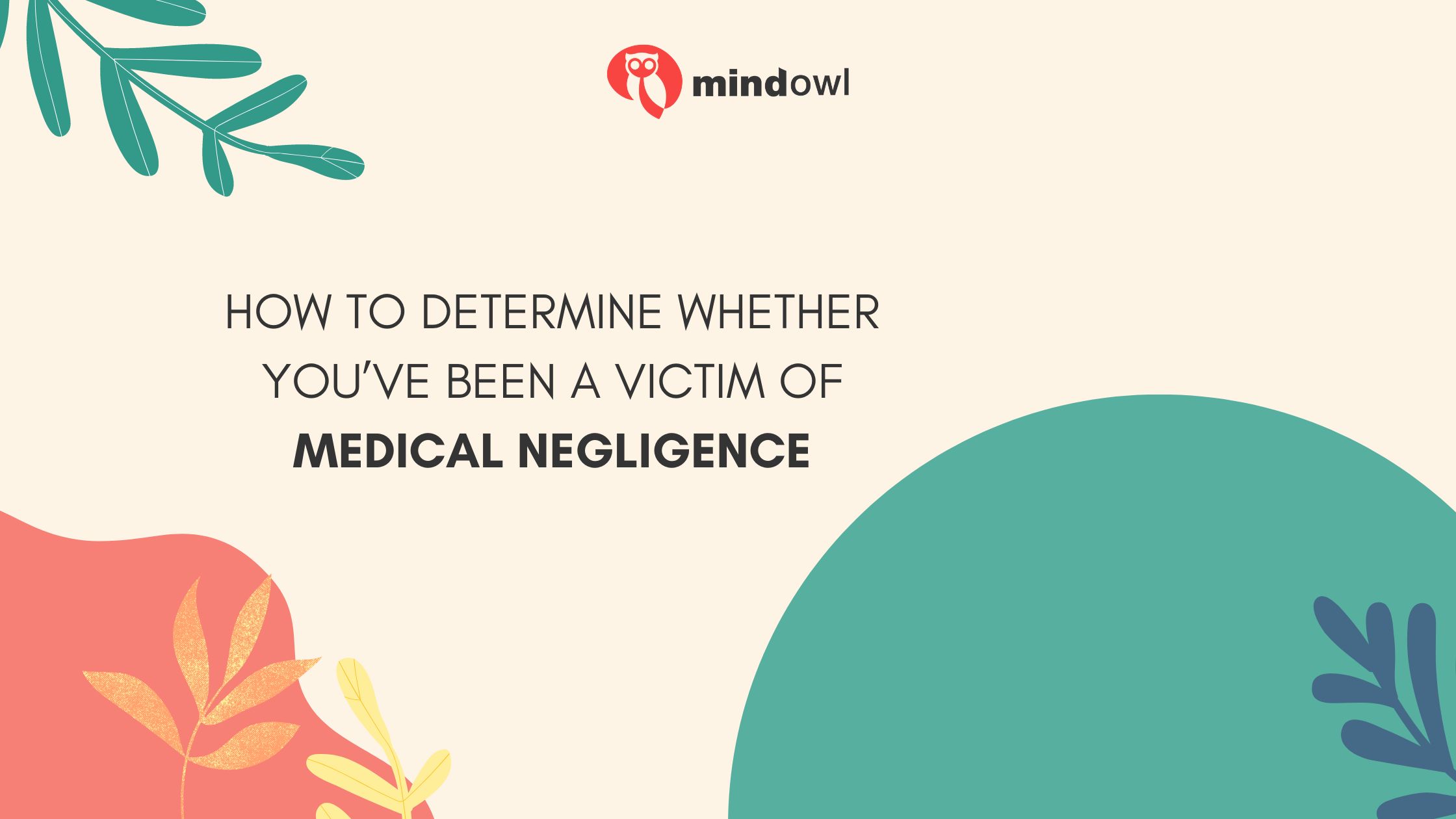The majority of healthcare provided in the UK is of a high standard. There are, however, a few exceptions to this rule. In some cases, the standard of care is low enough to amount to medical negligence. If you’ve been provided with poor-quality healthcare, then you might wonder whether medical negligence has occurred.
Pursuing an NHS medical negligence claim can involve quite a long and complex process, and so it’s worth getting specialised solicitors onside. They’ll be able to apprise you of the risks and rewards attached to the specifics of your claim, and give you advice on the best way to proceed.
Before you get to that stage, however, it’s worth taking a look at the basics of medical negligence law.
What is medical negligence?
Medical negligence occurs when a healthcare provider (like the NHS) delivers substandard care. More than that, it will need to be care of a standard below that which would have been provided by a competent professional. What’s more, you will need to have suffered as a result of the care you’re provided. So, if a doctor misdiagnoses you, and you develop complications from the treatment you’re mistakenly provided, then the chances are reasonable that you’ve suffered negligence.
It isn’t just individuals that can be found culpable. Medical negligence might also be committed by an entire practice, or by an entire organisation, even if no one person did anything that could be considered negligent.
What will you need to know to prove negligence?
To succeed in a medical negligence claim, you’ll need to demonstrate the failure, and the resulting damage. The suffering you point to might be physical, or psychological, or financial. The more evidence of harm you can provide, the better your chances in court. So, bank statements and payslips might be helpful, as might the testimony of other medical professionals.
Steps to take
If you suspect that you’ve fallen victim to medical negligence, then you’ll want to start the process as quickly as possible. It isn’t always the case that you need to start legal proceedings immediately, however. You might first seek a solution through the NHS’s Patient Advice and Liaison Services (or PALS). This body is there to resolve problems and address complaints before they are escalated.
If you’re going to start legal proceedings, then you’ll need to do so within three years of the point that you became aware of the problem. This is due to a statute of limitations (you might call it a legal time limit), which is there to remove uncertainty and prevent claims from dragging on indefinitely. For certain kinds of medical malpractice, however, this time limit doesn’t apply. So, it’s worth checking with a lawyer before you abandon the claim entirely.
MindOwl Founder – My own struggles in life have led me to this path of understanding the human condition. I graduated with a bachelor’s degree in philosophy before completing a master’s degree in psychology at Regent’s University London. I then completed a postgraduate diploma in philosophical counselling before being trained in ACT (Acceptance and commitment therapy).
I’ve spent the last eight years studying the encounter of meditative practices with modern psychology.

